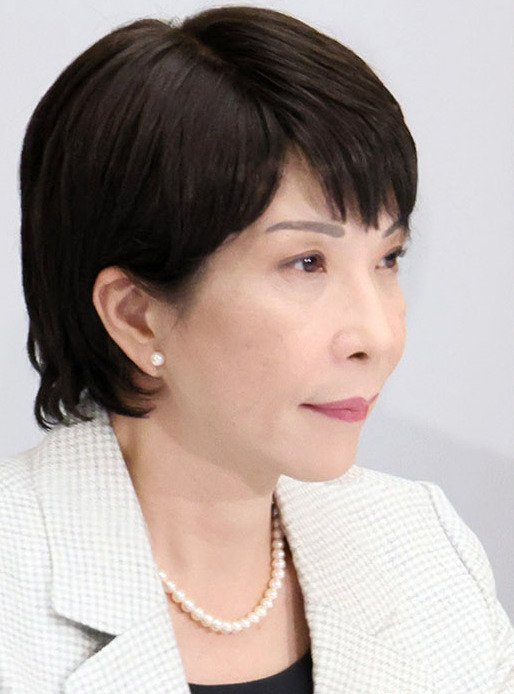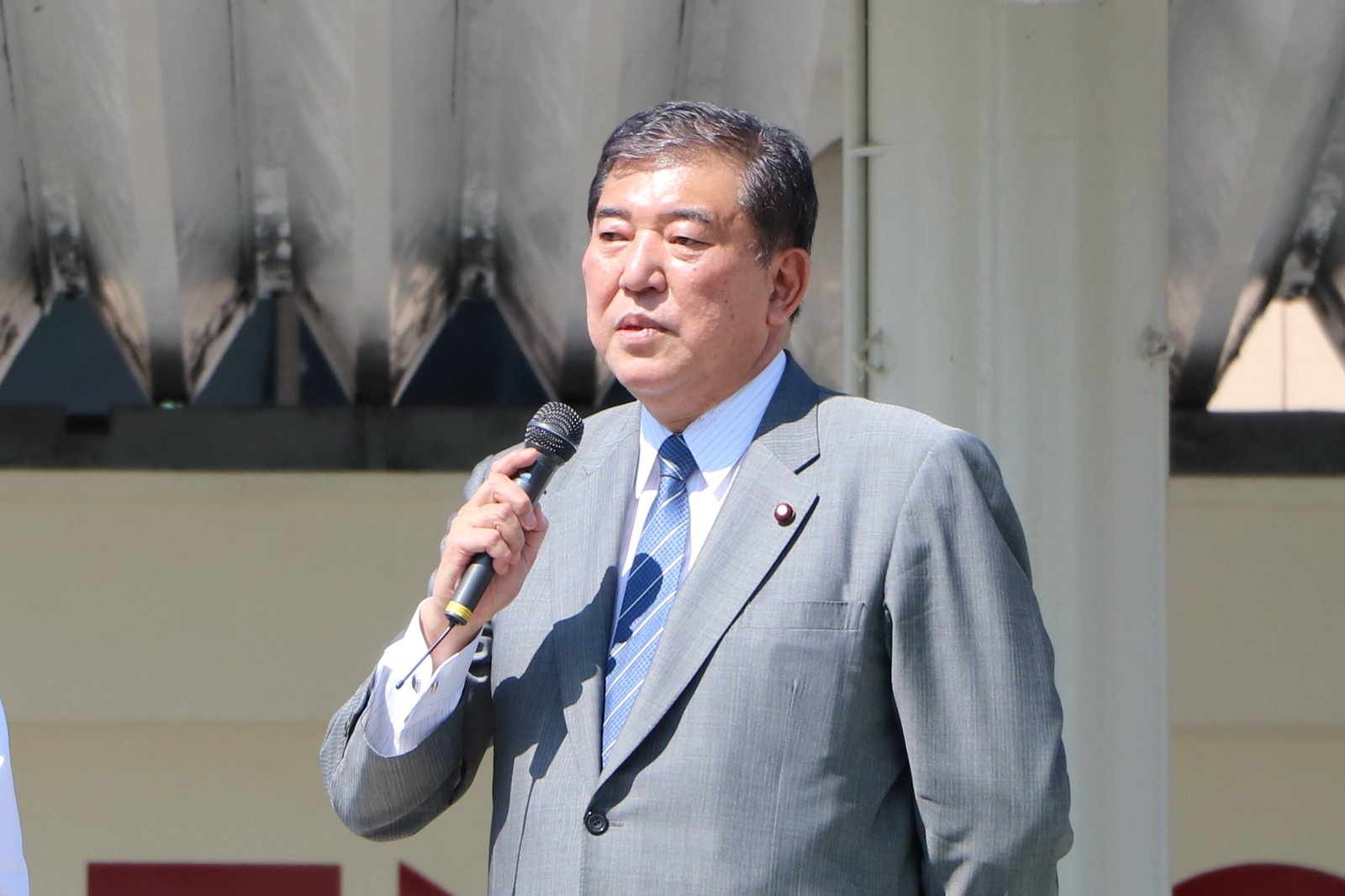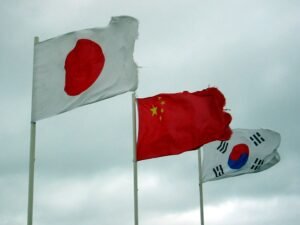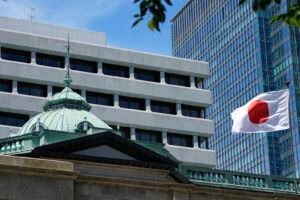Japan and Philippines ink key military pact in defense ties upgrade
Japan and the Philippines on Monday signed a highly anticipated visiting-forces agreement, paving the way for greater bilateral and multilateral defense cooperation amid escalating tensions between the two partners and Beijing in the disputed East and South China Seas.
The two U.S. allies signed the Reciprocal Access Agreement (RAA) shortly after Foreign Minister Yoko Kamikawa and Defense Minister Minoru Kihara met with Philippine President Ferdinand Marcos Jr.
The agreement, which still needs parliamentary approval, will enable larger and more complex joint military exercises and grant the Self-Defense Forces greater access to Philippine bases, potentially even enabling rotational deployments.
The pact stipulates jurisdiction in the event a service member commits a crime or causes an accident in the other’s country. It also eases restrictions on the transportation of weapons and supplies for joint training and disaster relief operations.
The agreement comes after months of negotiations, and is Japan’s first with a Southeast Asian country.
Kamikawa and Kihara, who were in Manila for a “two-plus-two” meeting between the countries’ defense and foreign ministers, lauded the agreement.
“As the security environment surrounding us becomes more and more severe, it is extremely important to highlight cooperation and coordination with our allies and with like-minded countries in order to maintain peace and stability in the Indo-Pacific region,” Kihara told a joint news conference.
“The RAA signed today is groundbreaking, and I hope that cooperative exchanges between the SDF and the Philippines will become even more active,” he added.
While Japanese forces have regularly visited the Philippines in recent years, they have often “piggybacked on U.S.-Philippine training activities,” said John Bradford, a military expert and former country director for Japan at the Office of the U.S. Defense Secretary.
“But with the latest pact, we can now expect more bilateral activities,” he said, noting that the RAA will not only result in more cross-training but, more importantly, also in “streamlined procedures that will make such activities less costly and reduce the lead time needed to go from proposal to deployment.”

The pact will not only make it much easier and faster for the SDF to be deployed to the Philippines for drills, but also in times of crises, including natural disasters, while helping improve bilateral operational readiness and interoperability.
At the same time, the RAA will strengthen trilateral cooperation with U.S. and possibly Australian forces, both of which have signed similar pacts with the Philippines.
The visiting-forces agreement will be Japan’s fourth overall, following its 1960 Status of Forces Agreement with the U.S., and its RAAs with Australia in 2022 and the U.K. last year.













Post Comment